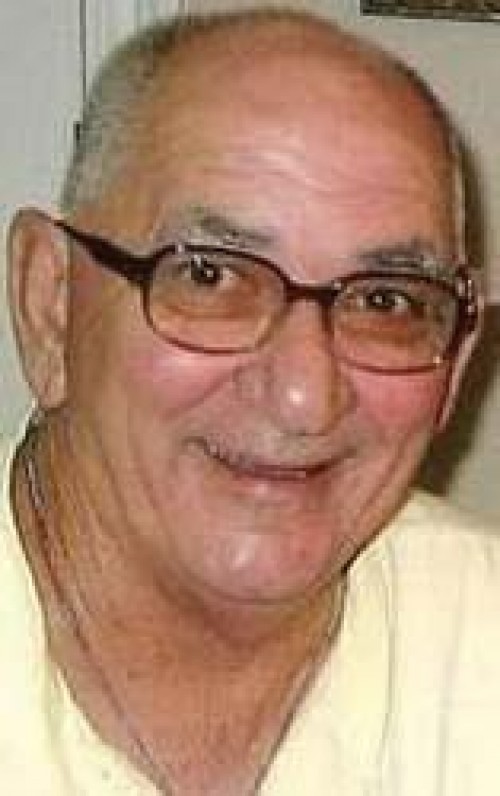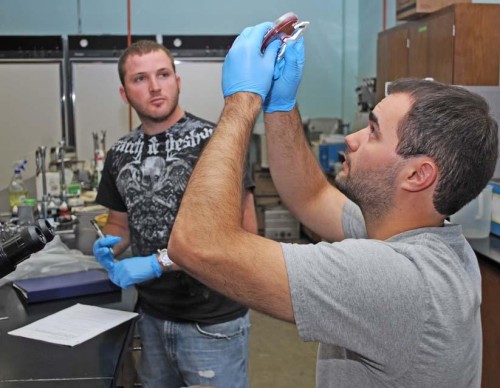
Irvin J. "Black" Landry Sr.
April 28, 2009Curt John Ordoyne
April 30, 2009Before state lawmakers take an ax to higher education this session, they may want to read an economic and community impact study released by the University of Louisiana System.
According to the report, Nicholls State University’s annual statewide economic impact is $274 million and supports over 2,800 non-university jobs. The reported stated that every dollar invested in the UL System generated an $8 return.
“This study documents the importance of our institution,” said Nicholls President Dr. Stephen T. Hulbert in a statement. “Nicholls is an invaluable resource to the Bayou Region.”
The report, conducted by Baton Rouge-based Applied Technology Research Corp., reviewed the eight UL System schools in four areas: spending, teaching, research and services and quality of life.
The study was started before the state began budget cuts in January. With the Legislature set to debate cuts to the UL System’s funding this session, which began on Monday, Nicholls officials said the results came at an opportune time.
“They’re talking about cutting our state funding by 20 percent from last year’s budget,” said Larry Howell, Nicholls associate provost for academic affairs. “That would be about $6.8 million.”
Howell emphasized the importance of the university in creating the workforce necessary for the Houma-Thibodaux metro area to have one of the lowest unemployment rates in the country
“There are a lot of people in this region who would not have college degrees if it weren’t for Nicholls,” he said. “This is where a lot of teachers, businessmen, many of the doctors and nurses got their start.
“Nicholls has created an educated region,” he added. “When you have educated people, that attracts business, which attracts more people, which produces salaries that create other businesses because people have money to spend.”
The report noted that Nicholls has produced over 10,000 graduates between 1998 and 2007, and those graduates have added $526 million to Louisiana’s economy.
Last year, Nicholls’ faculty and staff volunteered 35,000 hours, while students contributed 141,000 hours in community service.
Also, 188,000 people attended Nicholls events last year. Of those, 66 percent were from off-campus, adding $30 million in visitor spending to the local economy.
Howell attributes much of Nicholls’ recent growth as an economic force to Hulbert’s vision for improving the school’s facilities, in turn attracting increased enrollments and graduates.
“When Dr. Hulbert arrived here in 2003, Nichols had zero debt. That may sound good, but the campus looked out of date,” Howell said. “We’ve been able to use bonds to renovate the dorms, cafeteria, and resurface the roads. All of that helps to attract students that would have never considered coming before.”
Another contributor is Nicholls’ ability to offer programs that fit a niche that local employers need.
“We’ve expanded some of our biggest programs like nursing, petroleum services and safety, culinary arts and marine biology because this area is in constant demand for workers with these skills,” Howell said. “We offer students an education that is both comprehensive and unique to this region.”
While Nicholls State University senior biology majors Jacob Lope (right) and Mason Authement examine a bacteria culture, the state legislature is looking to cut funding from Louisiana’s higher education budget. A study by the University of Louisiana System found every dollar spent on higher education generates an $8 local return. * Photo by KEYON K. JEFF








